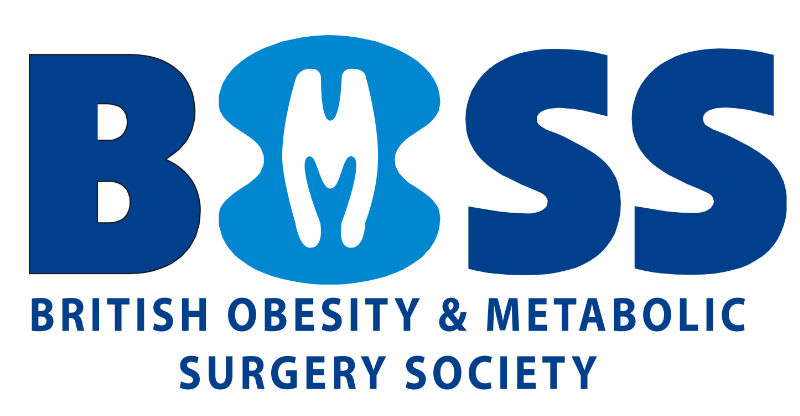Issued by the British Association of Aesthetic Plastic Surgeons and the British Obesity and Metabolic Surgery Society.
The significant increase in numbers of patients travelling abroad for both aesthetic and bariatric (weight loss) surgery has been linked with consequent serious complications and even deaths. BAAPS and BOMSS, the aesthetic and bariatric UK surgical societies are making this unprecedented joint statement due to our concerns for patient welfare and safety.
Both BAAPS and BOMSS have warned about the risks of surgical tourism. However, due to economic pressures, concerted advertising and ready availability there is a continuous and increasing stream of UK patients who choose to travel abroad for surgery.
As professional societies we are concerned by the number of patients presenting with the complications of surgical procedures performed outside the UK. There is an assumption that the NHS will deal with any issues on return home, and a significant financial cost can be attached to the management of complications. This cost might well be down to the patient to pay, and must be considered in advance.
BAAPS and BOMSS recognise that surgery in the independent sector in the UK is more expensive than in some other countries. The principle reason is that healthcare in England is tightly regulated by the CQC, in Scotland by the HIS and in Wales by HIW. This ensures quality, standards, and ultimately safety are as good as possible. Not all countries have the equivalent to CQC regulation, and not all countries’ standards are at the high level of those in the UK.
Our specific concerns about people travelling overseas for surgery include:
1. Lack of adequate expert pre-operative assessment, discussion and counselling
2. Poor choice of procedure offered and the number of combined procedures offered in one surgical sitting
3. Different procedures being performed to the one the patient expected, or the details of the procedure conducted being unknown
4. Unknown quality and safety of the team providing surgery
5. Risks of long-distance travel immediately following surgery, for example developing a blood clot in the leg or lung (which can be potentially life-threatening)
6. Poor or non-existent access to routine post-operative follow up care, increasing the possibility of outcomes such as weight regain and nutritional deficiencies in bariatric patients and increasing the risks of sub-optimal outcomes and complications in plastic surgery patients.
7. No direct access to expert care if a complication occurs (and most GPs are not trained in the care of patients who have had bariatric or plastic surgery)
Having surgery abroad is certainly less expensive than in the UK, but standards of healthcare regulation overseas often differ from the UK, which means the quality of surgical care can vary significantly. In the event of a problem, clinical and legal redress is much more difficult leaving people exposed and unprotected.
Therefore, both the BAAPS and BOMSS strongly urge caution to anyone considering surgical tourism – what cost is your health? Consult a UK Surgeon first.
Click here to download the statement.
